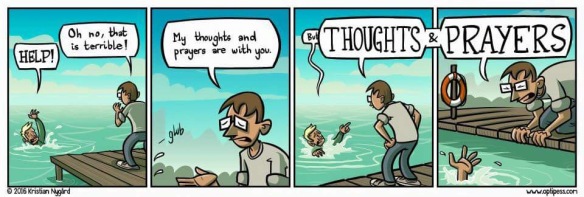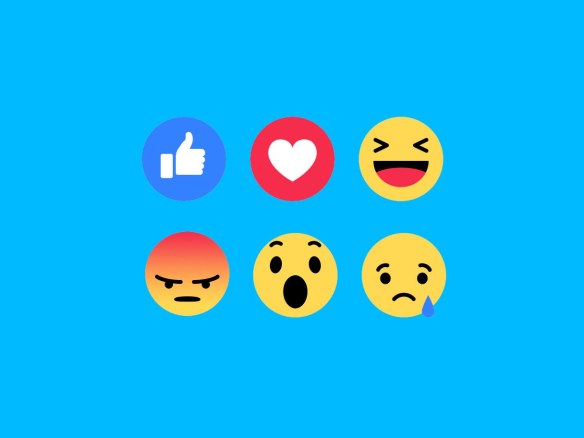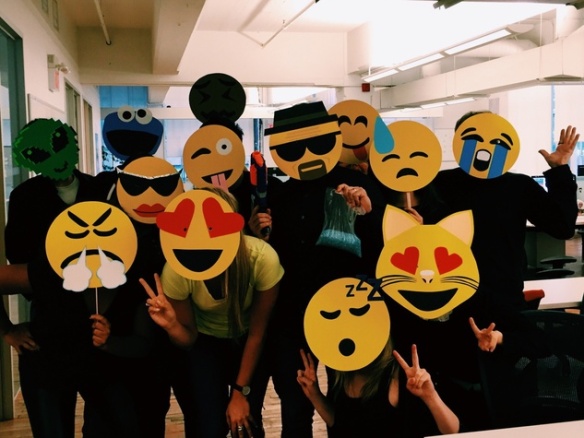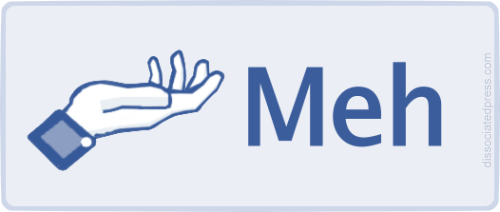Another day in America, another school shooting A little over a week ago, Nikolas Cruz (a troubled former student of Marjory Stoneman Douglas High School in Florida), opened fire in the school, killing 17 people and wounding many others. We’re shocked and horrified – again. We’re holding our children just a little tighter – again. We’re angry that such violence is allowed to exist in our world – again. Families are still burying their dead, and Americans are searching for answers and solutions – again. We Canadians are peeking through our blinds at our neighbour’s latest domestic disturbance, feeling both sorry for, and superior to, them. Social media is awash with sorrow and outrage on behalf of the families terrorized by the daily possibility of a school shooting. And rightly so: there were 65 of them in the US last year. They’re on track to beat their own record this year – it’s only February, and there have already been nearly 20 occurrences of a live round being discharged in a school building or on a school campus. Another common theme – at least, in my newsfeed, anyway – is smugness. We’ve got gun control, so we don’t have school shootings. Yay, Canada! Again, rightly so: I worry about lots of things when I kiss my kids goodbye in the morning, but a school shootings – nearly non-existent in Canada – are very low on the list.
Over the past few months, I’ve been seeing another theme emerge: screw your thoughts and prayers, you useless hypocrite, and do something.



In my opinion, memes like these are judgmental, patronizing, insulting and presumptuous. How do you know that the person who’s praying isn’t doing anything about the problem? You don’t. You just assume. How dare you judge someone else’s sincerity or try to censor their reaction to what is happening, just because their response is not like yours? How arrogant of you to decide that a person is lazily ignoring all possible solutions in favour of prayer and meditation, when all you actually know about the person is that he or she shared a thoughts-and-prayers meme.
Even worse, people share memes like this one, which implies that people who pray are worse than useless – they’re using their prayers to feel like they’re doing something productive so they won’t feel guilty about not doing something:

Again with the presumption, judgement and insult.
Clearly, if you are sharing memes like the examples above, you don’t believe in praying. You believe that it has no value – and, indeed, no place in the life of any intelligent human being. However, there are millions of people who do not feel that way – myself included. I have known, all my life, that I am surrounded by prayer. My grandparents prayed for me faithfully. So did my father. So does my mother, and my mother-in-law, my husband and my children. So do some of my friends. Does it change things in my life? Maybe – but, again, you don’t believe it. So I guess that’s my personal leap of faith … Does it make me feel better about pretty much everything? Yes. No matter what comes my way, no matter how low I feel, knowing that someone is praying for me – loves me enough to hit their knees on my behalf, and wish me the best – is like receiving a strong hug from invisible arms.
When a child falls and hurts themselves, one of the first things most people do is hug them and speak gently to them. It won’t mop the blood from their knees or heal their bruises, but it will be comforting. It will show the little one they’re not alone, and that someone is watching and cares. When a friend comes out with bad news, most of us will hold that friend and tell them we are there for them. We can’t lift them out of debt, fix the struggles of their children, or bring a dead spouse or parent back to life. But they will draw strength from the warmth of our touch, the emotional caress of our concern. They will know someone sees their pain and gives a damn.
Imagine, now, that it suddenly became trendy to mock that response.
“Hey, you – it’s adorable that you can give hugs instead of making actual change.”
“Oh, look, you kissed her boo-boo! Now it’s going to magically disappear … Or not. Because science.”
“Hug away, selfish asshole. At least now you won’t have to actually help somebody, because you’ve made yourself feel like you already have.”
“Oh, sure, listen to her whine, then tell her you’re there for her. ‘Cause that will totally cure your friend’s cancer.”
Most people wouldn’t do that. That would be insensitive, crass and just plain mean. But so many seem to have no qualms about trampling on heartfelt wishes and bone-deep beliefs, offered by people who are just trying to get through life with a little grace and kindness. I have no control over American politics. I can’t raise shooting victims from the dead and give them back to their family. I can’t banish the nightmares of the survivors. My earnest desire that things will get better, my terribly inadequate shreds of sympathy, my prayers – are sometimes all I have to give. And, frankly, if they never do an ounce of good, at least they’re positive and unifying. That’s alot more than can be said for mean-spirited memes.







